Should You Use a Solar Panel Protective Cover to Protect Your Solar Panels? For a good reason, solar energy is becoming more and more popular. Solar energy systems are accessible and help homeowners cut their energy expenses by thousands of dollars.
When solar panels are not in operation, a protective cover for solar panels provides protection. Under typical conditions, these protective covers for solar panels might not be required.
We will provide information on solar panel protection covers in this article. You might be surprised to hear that while protective covers for solar panels are not fully necessary, they do have a critical function. I’ll provide you with all the information you need to select the ideal panel covers.
What are Solar Panels Protective Covers, and Are They Necessary?
For the same reason that your electronic devices, such as laptops, telephones, and other similar items, need cases or sleeves to protect them and make sure they survive as long as possible, a solar panel system needs a cover.
You do not need to cover your solar panels if the conditions are normal, the weather outside is not acting strangely, and you plan to continue using your solar panels as you normally would. It is not necessary to place covers over the solar panels every night before going to bed.
However, if you are going to be gone for a significant amount of time and will not be using solar panels, it is recommended that you cover them. This is also quite crucial due to the fact that the weather can turn at any time.
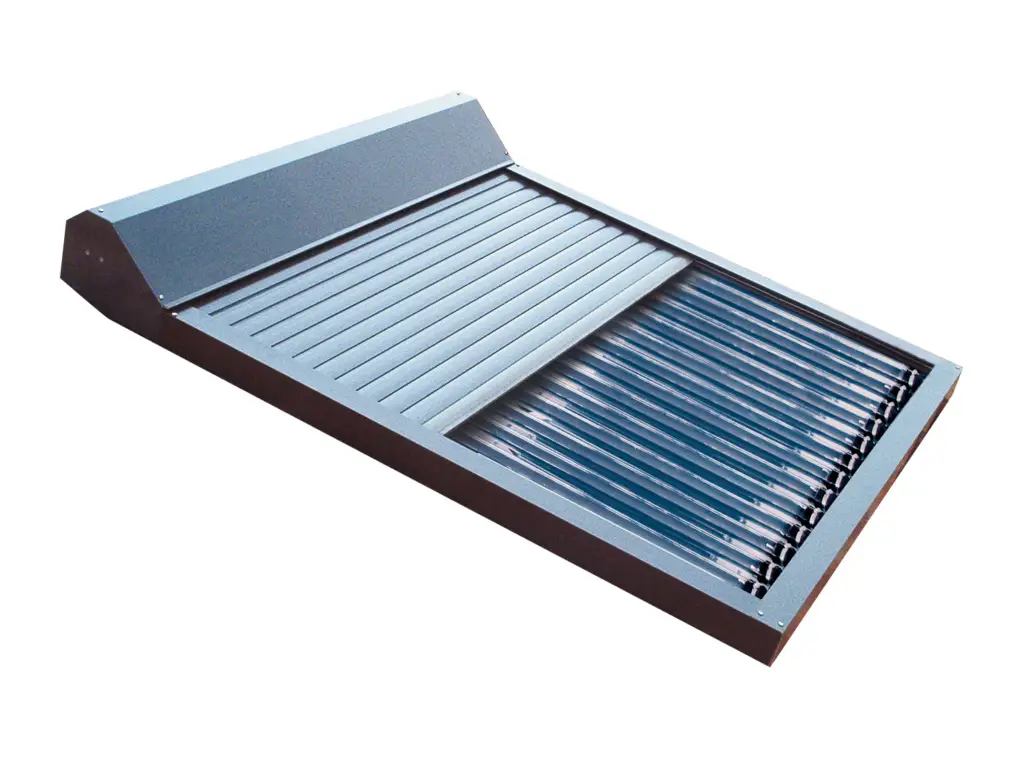
The cover will shield the solar panels from damage caused by things like hail, severe rain, dust, and so on.
Against what do solar panel covers offer protection?
As previously noted, solar panel coverings offer protection from various weather circumstances. Let’s go over each in greater detail:
Hail
Hail is far more dangerous than snow since it is made of solid, hard ice. Now, if only hailstones were pelting your solar panel system, there would be little cause for alarm.
The pace at which hailstones fall, which can occasionally reach 10 miles per hour (0.62 kilometers per second), is extremely harmful. Hailstorms can quickly cause physical damage to solar panels or lower their efficiency.
Furthermore, hailstorms are not generally covered by solar panel warranties. Though severe hailstorm-resistant solar panels may now be produced thanks to contemporary technology, it’s always best to be safe than sorry. Therefore, use a cover to protect your solar panels.
Rainstorms
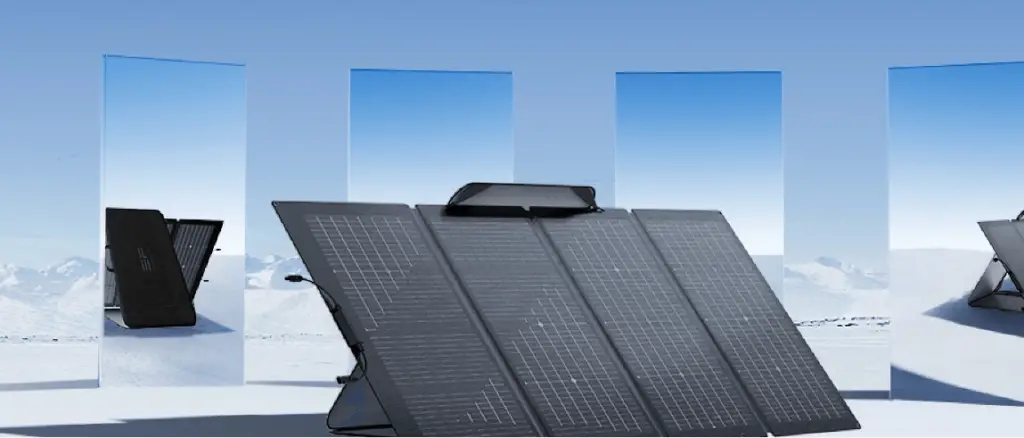
If you’re wondering whether solar panels work in wet weather, the answer is a loud yes. It might be difficult to guarantee great performance, though. This is mostly caused by two factors: the solar panel’s capacity to convert energy into electricity is reduced if the rainfall includes thunder and lightning, which the majority do.
Second, all solar panels, whether they are monocrystalline, polycrystalline, or thin film, are made of solar cells that are covered in safety glass. This covering could become damaged if rainfall seeps inside of it.
The panels’ efficiency will decrease if they get to the solar cells that transform solar energy into a directed current. Such damages are guarded against by a covering.
Dust/Soot
Finally, although it is sometimes overlooked, soot, dust, or filth will have a substantial impact on the performance of solar panels. Even though solar panel manufacturers design their products to be dust-resistant, it is only normal for them to experience wear and tear while they are on your home’s roof.
According to numerous studies, the buildup of soot, dust, and other extremely small particles can reduce the effectiveness of solar panels by a stunning 50%! Your energy costs will also double if your electrical intake is cut in half.
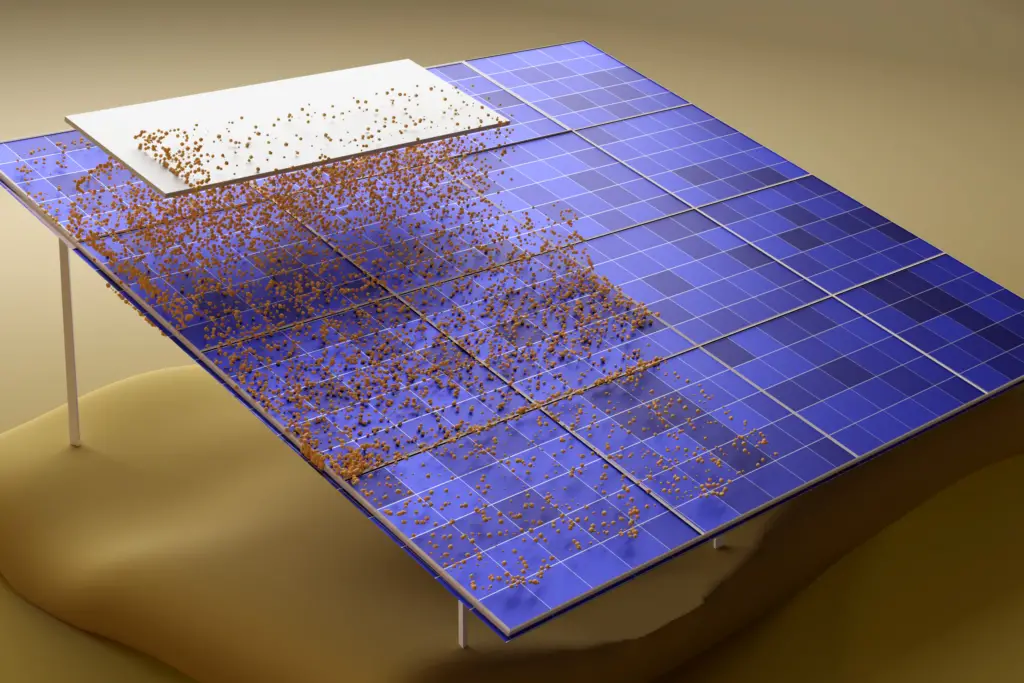
Instead of going through these inconveniences, you can shield your solar panels with a dependable covering.
When to Use Protective Covers for Solar Panels
Yes, you must cover your solar panels while not in use for long stretches of time and in case of inclement weather. Are there any circumstances or reasons, though, to utilize solar panel coverings even when they are in use? Well, there are at least two, and they are as follows:
To Prevent Overheating
Experienced solar panel users are familiar with all of its features. This typically means they are completely knowledgeable about wiring, connectors, and cable installation. Additionally, if the temperatures in your area are not unacceptably high, you do not need to use a panel cover.
However, covering your solar panels is better if you’re new to the game and live in hot, humid environments. This will not only stop overheating problems, but it will also give you peace of mind so you won’t be surprised if something nasty happens.

Unusual Temperatures
If they reside in areas where temperature extremes occur all year long, many individuals permanently cover their solar panels. This may also be the case if the region regularly suffers wildly fluctuating weather.
By doing this, the solar panels’ lifespan might be increased. This is the case mainly because the amount of electricity each type of solar panel loses with each degree of temperature rise is determined by its temperature coefficient.
When Not to Use Protective Covers for Solar Panels
While many supporters of solar system covers agree, some people think restraint should be used. There are situations or moments when the covering is unnecessary or harmful.
Most businesses provide a sturdy manufacturing process that renders the solar panels resistant to weather factors because they are intended to be exposed to the outdoors. Additionally, the panels are frequently low-maintenance, so there should be no need for cleaning or repairs.
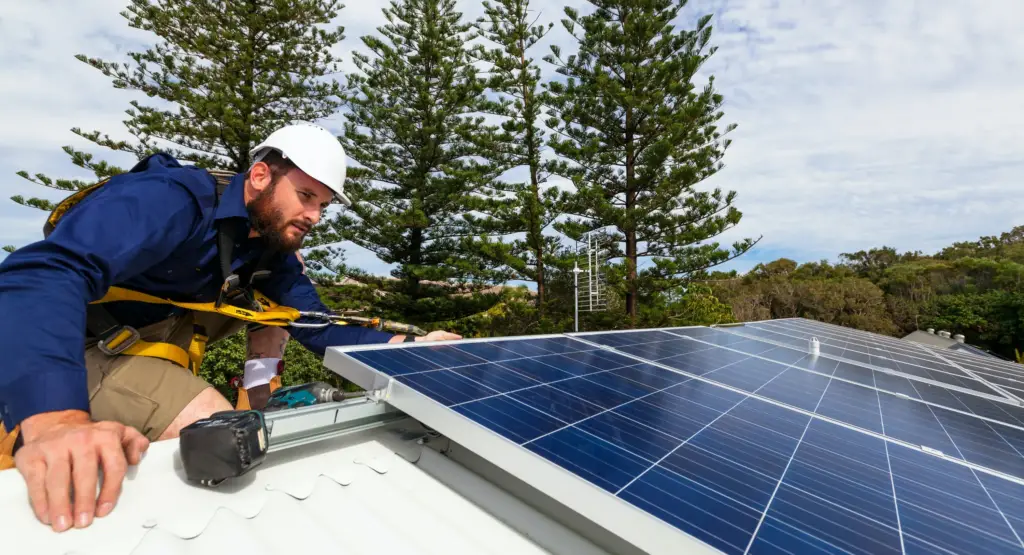
Regarding the rain, some of it is beneficial because it might improve performance by clearing dirt buildup. Finally, if windy dust storms are not imminent, sand and grime are not dangerous unless they are present in huge quantities.
Types of protective covers for solar panels
You’ll undoubtedly discover a shielding solar panel cover that meets your requirements. What’s available on the market is as follows:
Transparent Plastic Covers: These solar panel covers are constructed of transparent plastic and are clear in color. They shield your panels from dust, bird droppings, and other debris while still letting sunshine through.
Reflective Covers: If you reside in a region that experiences extreme heat, reflective solar panel covers are advised. They lessen the amount of heat collected by panels by reflecting sunlight away from them. Your solar panels’ effectiveness and lifespan can be extended by using this technique.

Solar Blankets: Solar blankets, also referred to as solar pool covers, are created from strong materials like polypropylene or polyethylene. They are made to guard your solar panels against severe weather conditions like hail.
Fixture Covers: Fixture covers can shield your solar panels from unfavorable weather. They normally attach to the solar panel frame and are constructed of aluminum or stainless steel.
Retractable Covers: When not in use, a retractable solar panel cover can be folded back over the panels. When it’s bright, they provide the most solar exposure, but when the weather turns, they provide protection.
How Are Protective Covers for Solar Panels Installed?
Each panel has a mount for these screens that may be rolled up or down. With hooks and ropes, sheets can be fastened to a sturdy surface via the loops.
Installing hard shells requires a unique mounting setup. The hard-shell panels can be taken off using this technique when not in use. Until they are removed, the protective shells are fixed in position.
If you have the necessary tools and equipment, you can install the protective cover yourself, but it can be risky. To make sure that using a DIY method won’t violate your warranty, it’s crucial to check with the manufacturer.
When a solar panel is covered, will it still function?
While protecting a solar panel from damage is one of its primary goals, some owners also cover their panels to avoid energy overload while the panels are not in use.

In order to keep solar energy from being absorbed, which would render the panels useless when in use, many protective covers for solar panels are made to do so. When not in use, you should cover your panels.
Solar panel covers advantages
Reduced Overload
Preventing overloads is one of the main advantages of utilizing a solar panel protective cover. Your solar panel system can keep absorbing solar energy even when not used.
You might be worried that when not in use, the batteries in your solar panels could overload. Some owners are also concerned that the sun will harm them if their solar panels are not linked to anything.
Weather Defense
When there is severe bad weather, solar panels are also protected by solar panel protective coverings. Extreme weather can be found in some regions of the nation. If heavy snow is left on the panels for a long time, it could harm the panels.
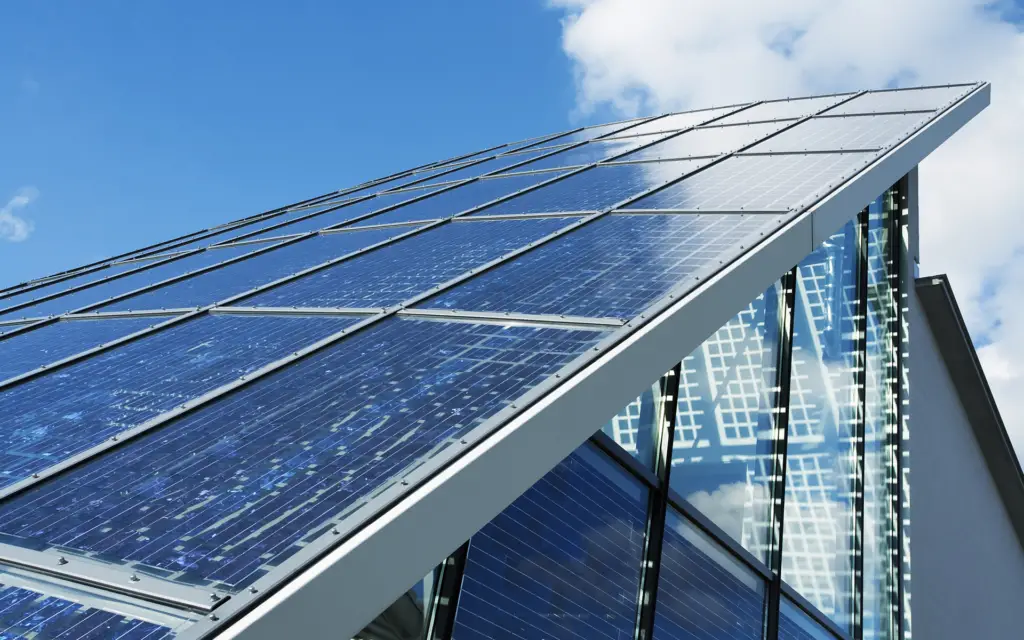
Cleanliness
Cleaning is part of critical maintenance for your solar panels. In order to keep their solar panels from getting too dirty, owners who will be gone for an extended period of time may cover them.
FAQs
How frequently will I have to replace the cover on my solar panel?
If possible, attempt to employ a solar panel recycling firm to dispose of your old cover. You should change your solar panel protection covers whenever they begin to show indications of damage. This will change depending on the kind of cover you have and the surroundings it is exposed to.
A metal cover placed in the same location may require replacement less frequently than a translucent plastic cover exposed to strong UV radiation. To make sure your covers are in good condition, I advise checking them at least once every six months.
Will a Protective Cover Nullify the Warranty on My Solar Panel?
Manufacturers of solar panels could have certain specifications or instructions for using protective covers on their products. Your warranty can be voided if a cover doesn’t fulfill these requirements. It’s crucial to regularly review the terms and conditions of the warranties offered by your solar panels and any insurance you use. If you’re still unsure, you can ask the company for advice.
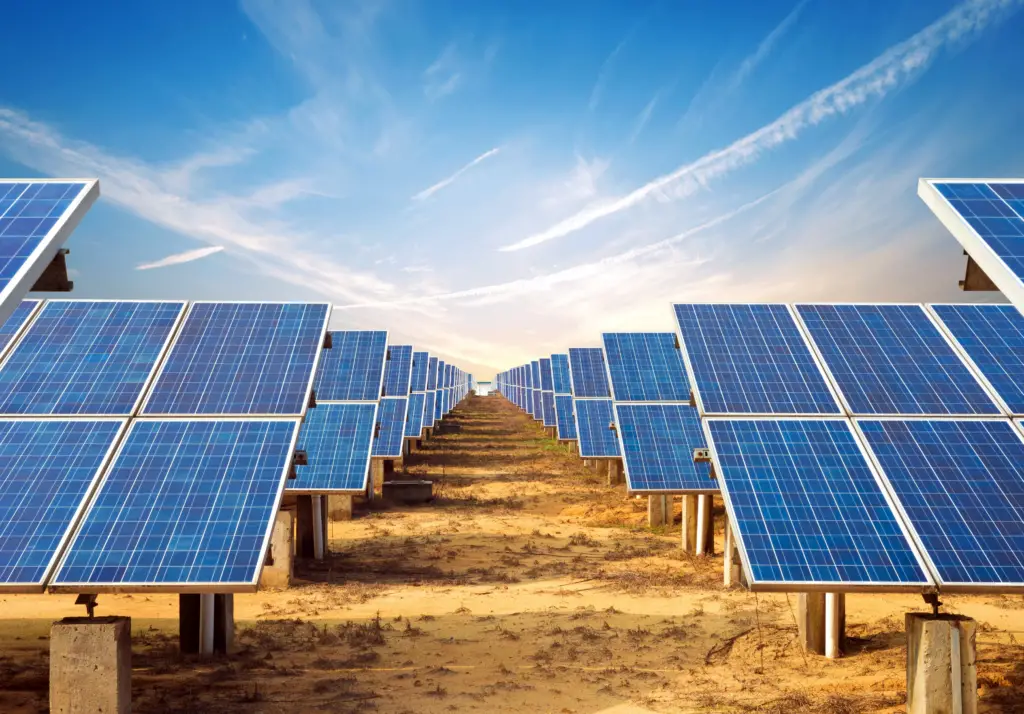
Do Your Solar Panels Need To Be Covered?
Although covering your solar panels is not required, it is something to consider. Some homeowners cover their solar panels to give themselves peace of mind because investing in solar energy demands a large financial outlay.
You might want to consider getting protective coverings for your solar panels if you reside in “Hail Alley,” which encompasses Colorado, Wyoming, or Nebraska. Each year, these states see 7 to 9 hailstorms on average. Large hail events are also common in Texas and Oklahoma.
Conclusion
Using solar panel covers for your solar panels is completely up to you. As was previously stated, some circumstances don’t call for a solar cover, while others could demand that you have one.
An alternate strategy would be to install a system to monitor the operation of the panels, ensure the panels, etc. It’s absolutely essential to prioritize the protection of your solar panels in any situation.
By being proactive, you can ensure their longevity for many years to come instead of dealing with issues reactively. Proactive action is essential to ensuring that your solar panel investment pays dividends in the long run.

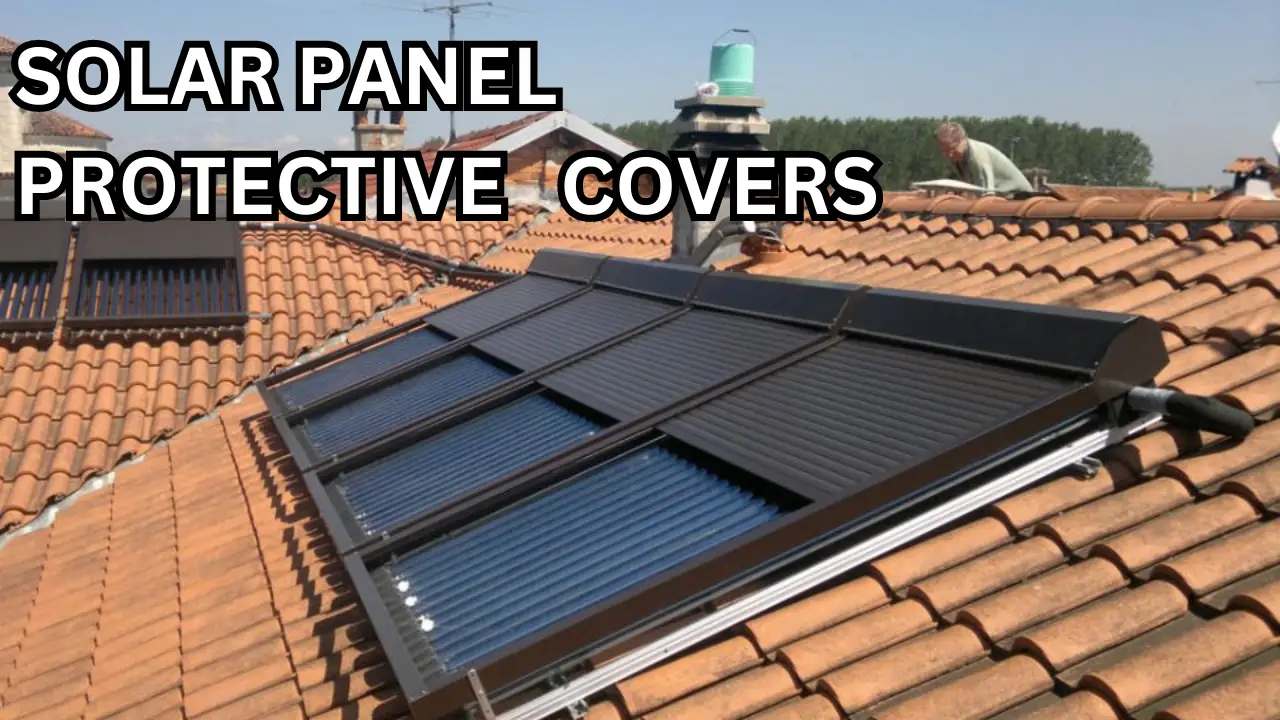
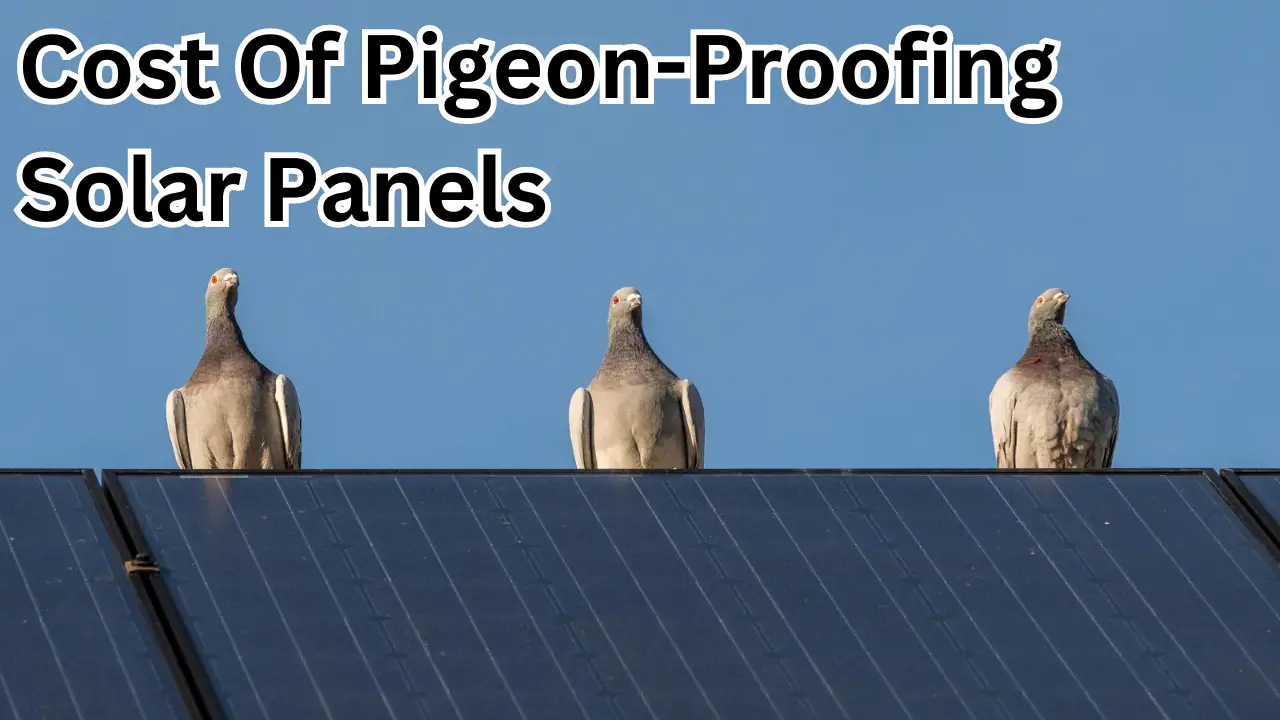
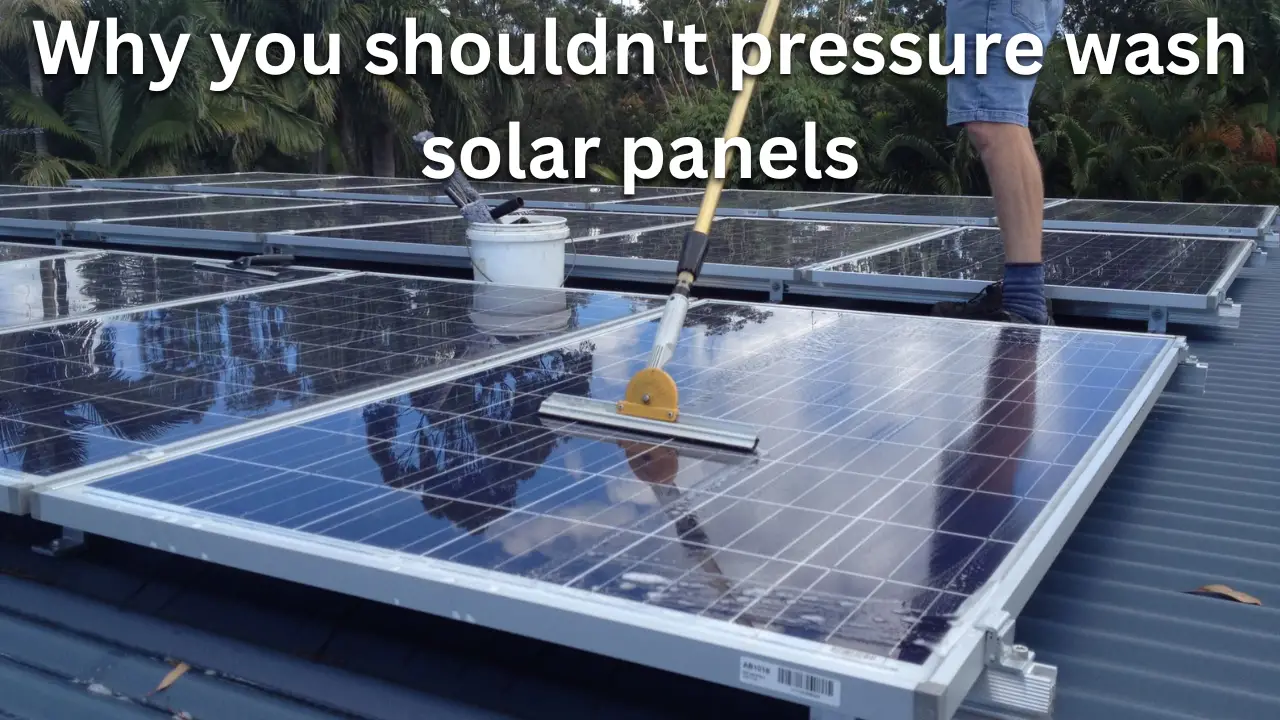
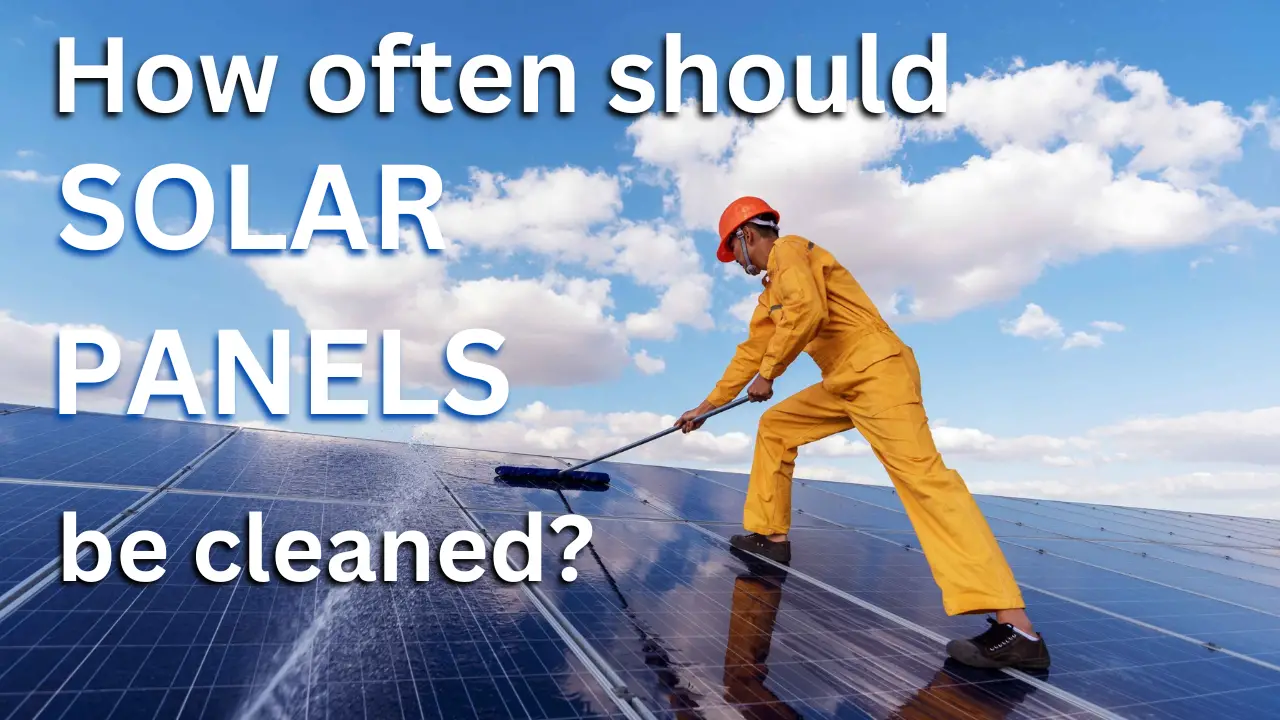
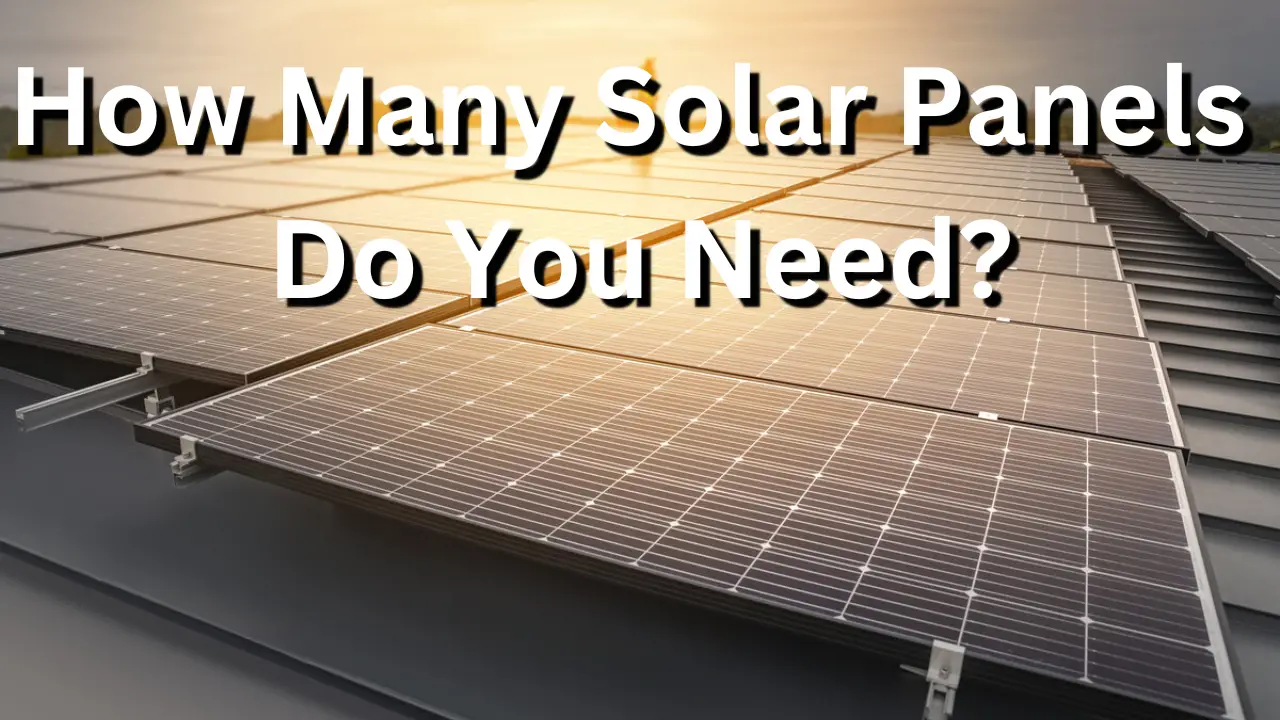
Hi I’m looking for solar panels covers in the UK, more specifically sturdy roll-down covers that would be weather proof for panels on a roof. Please could you point me to some suppliers? Many thanks, M